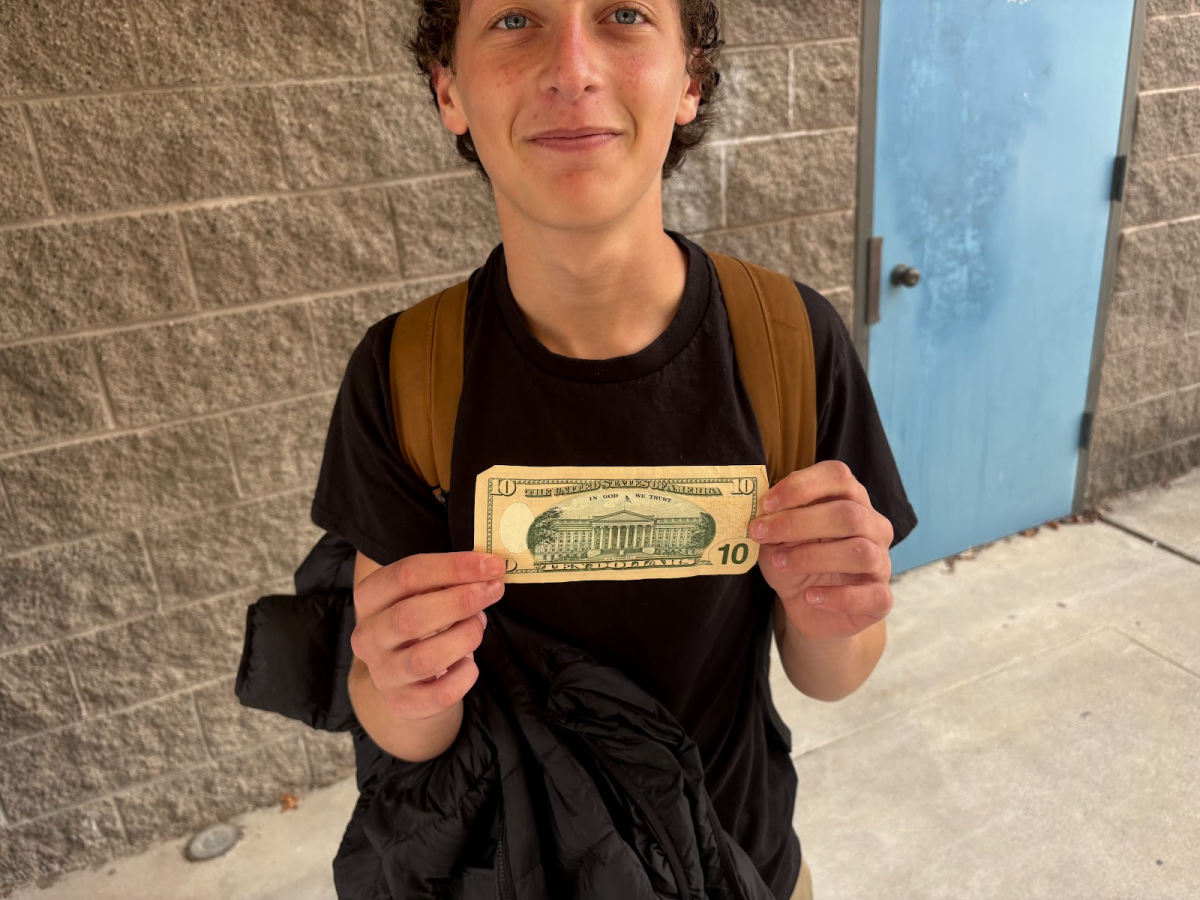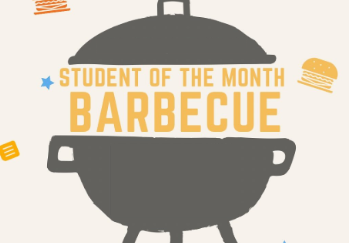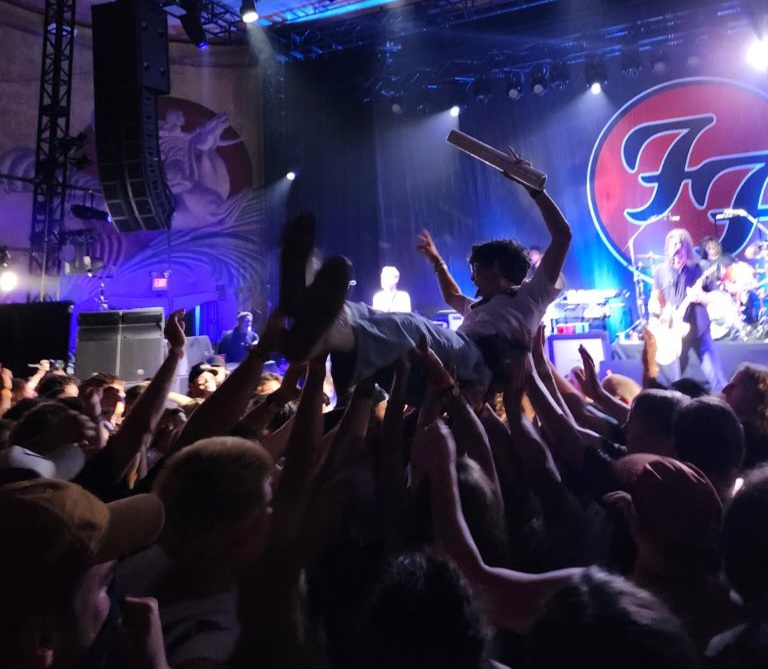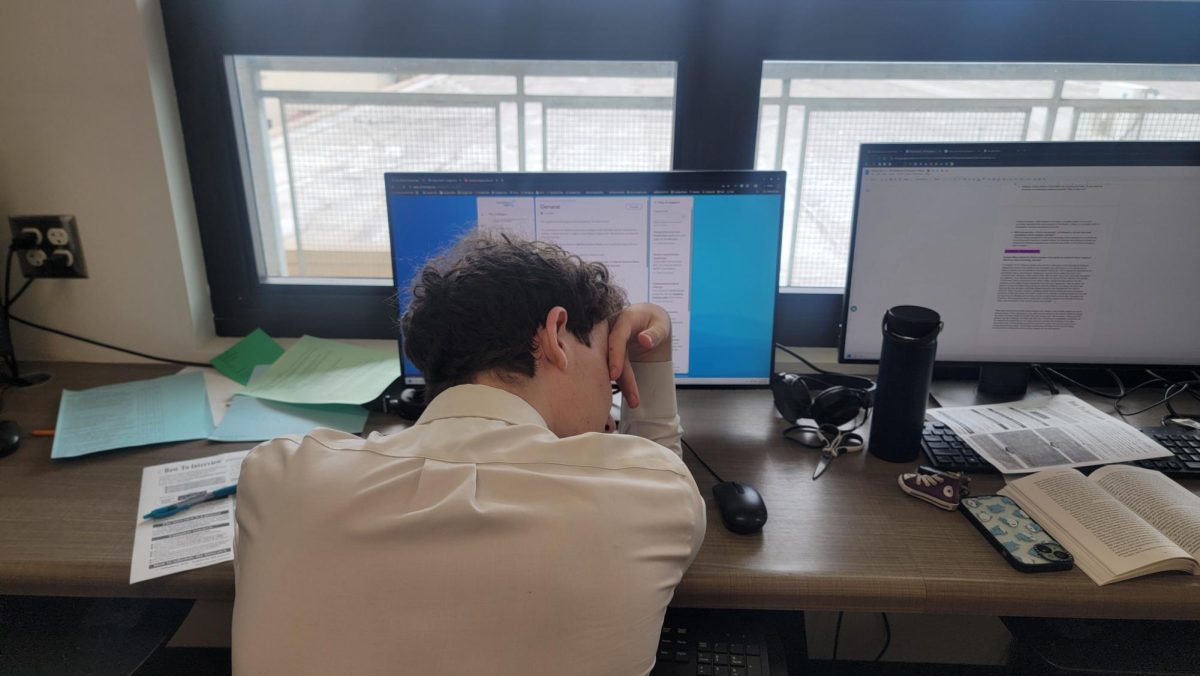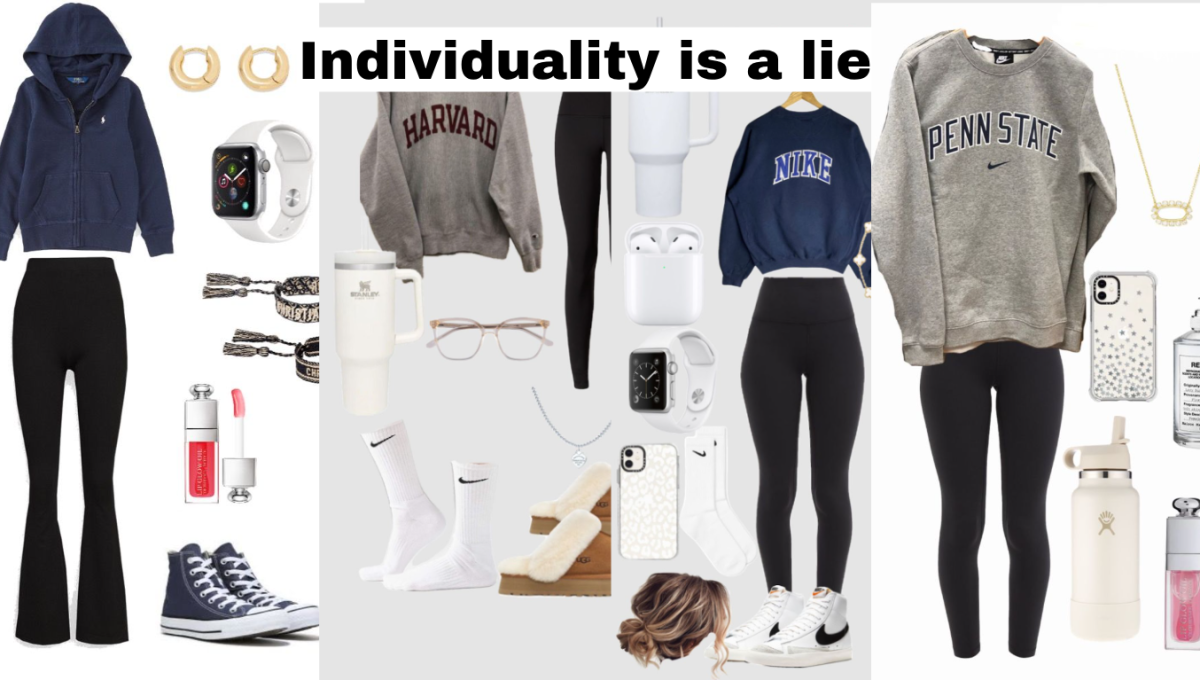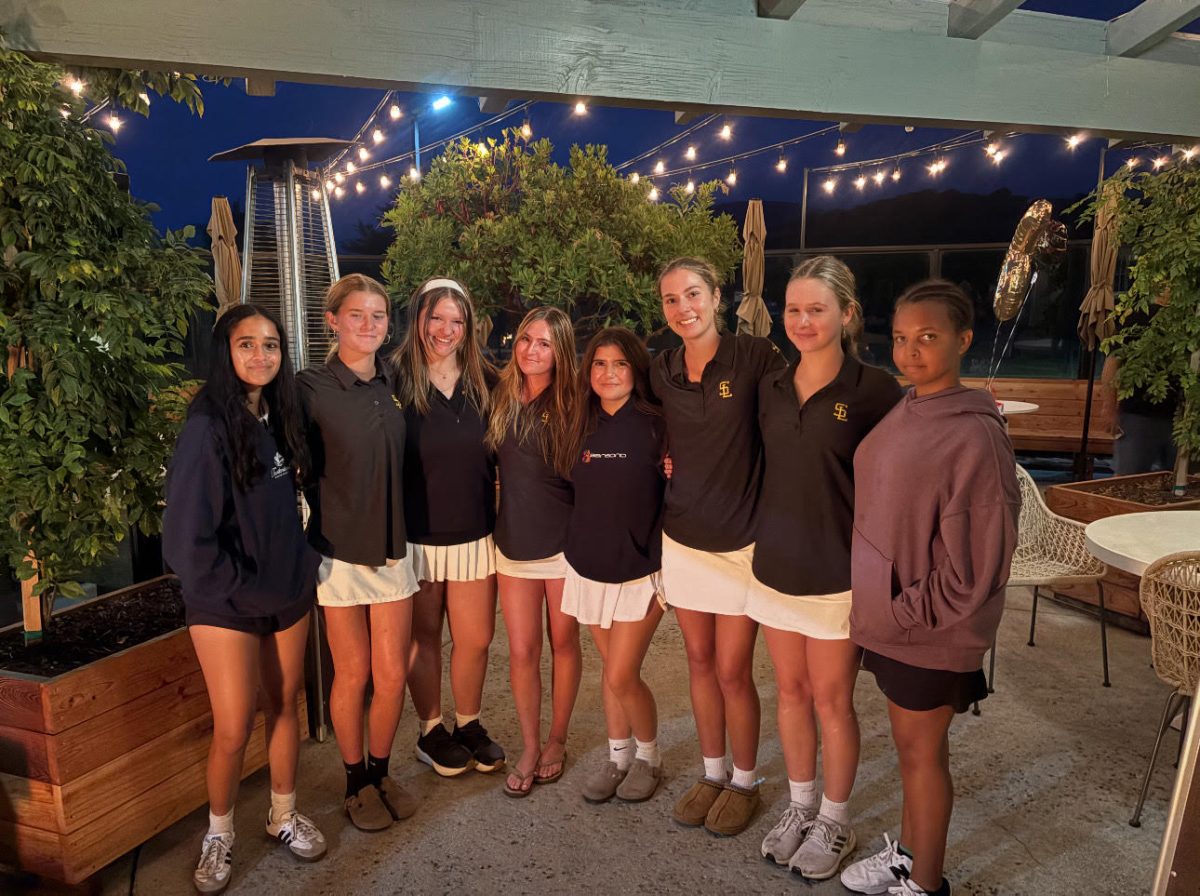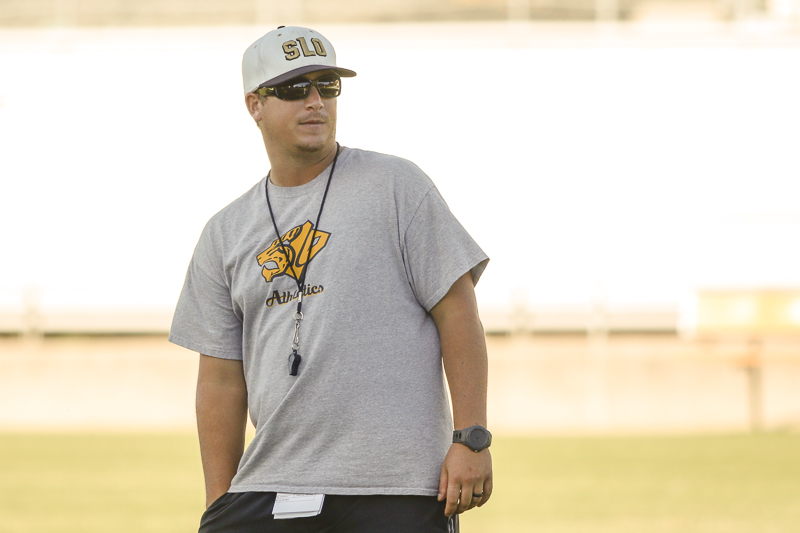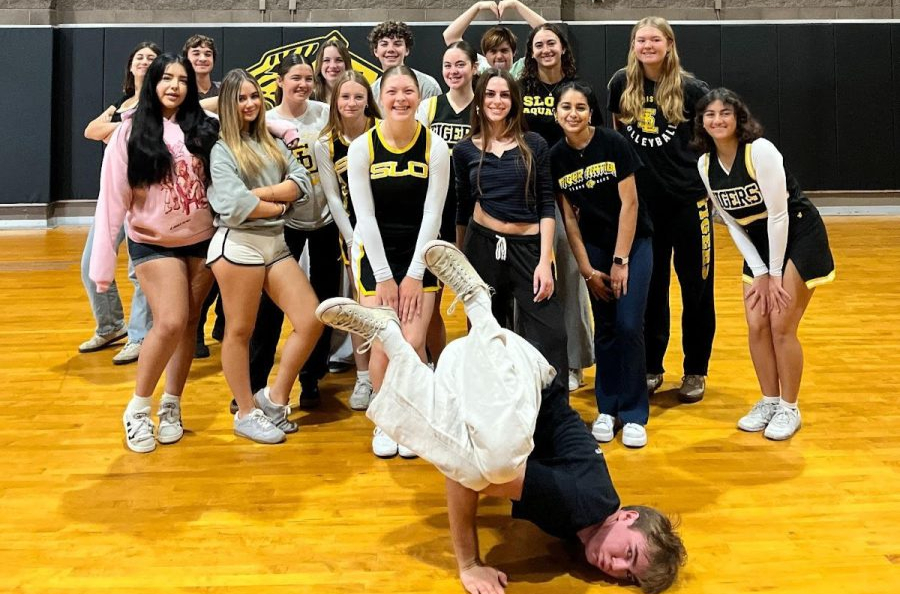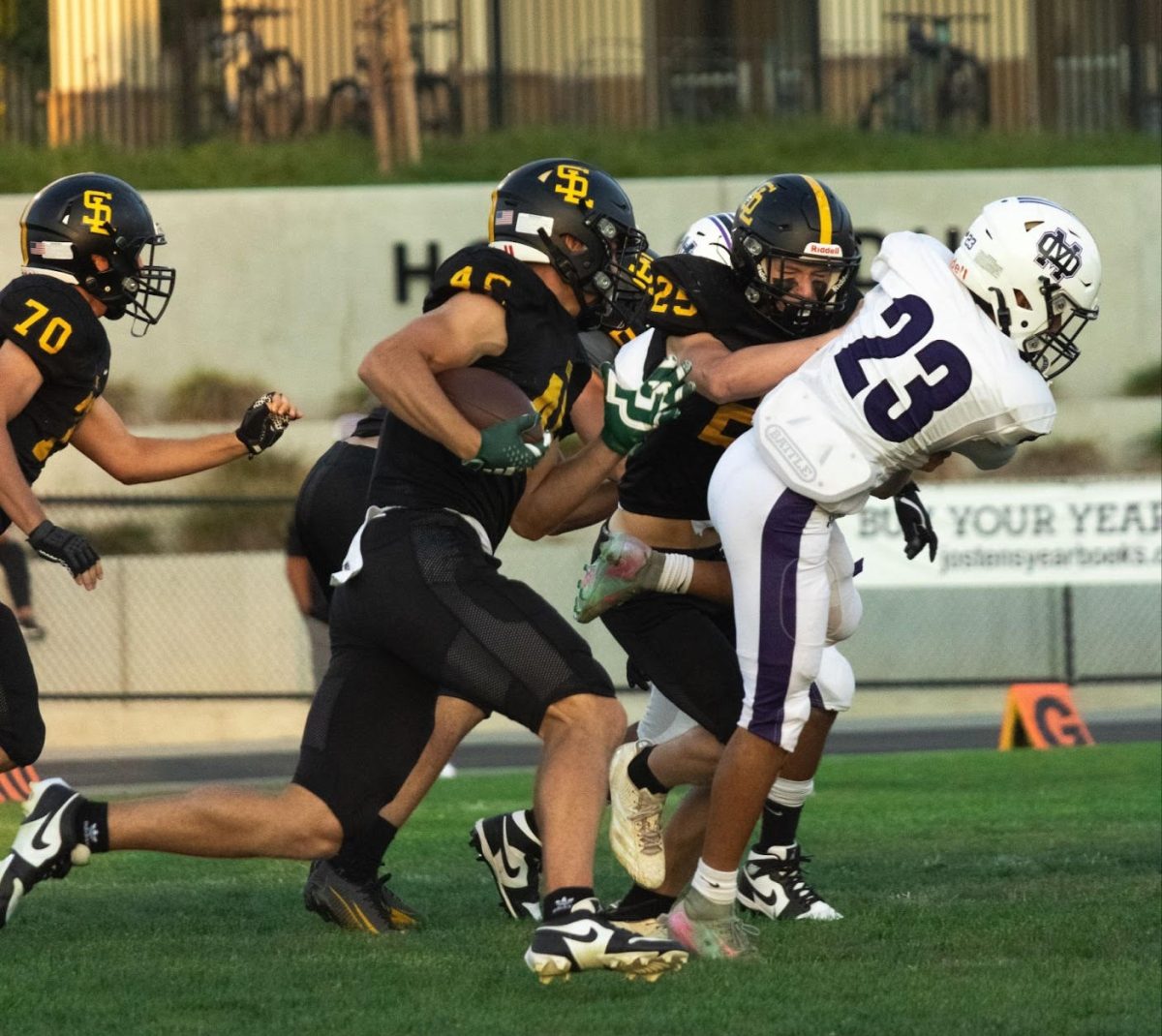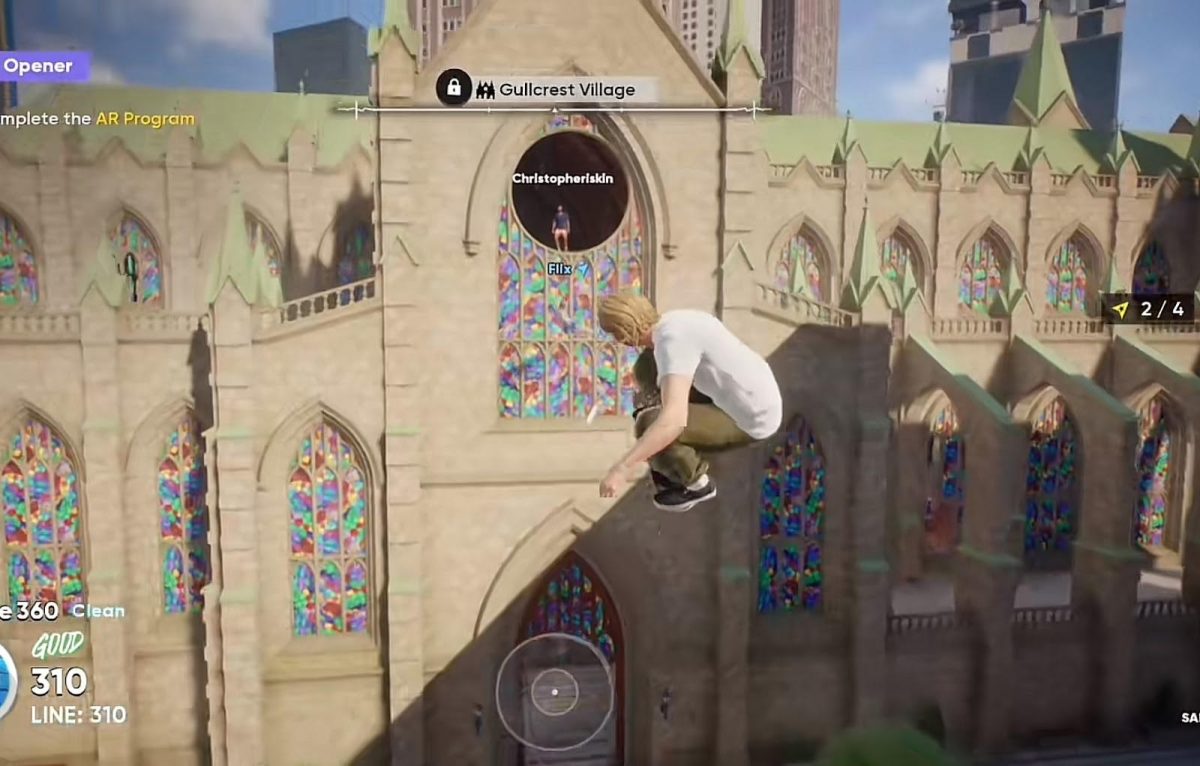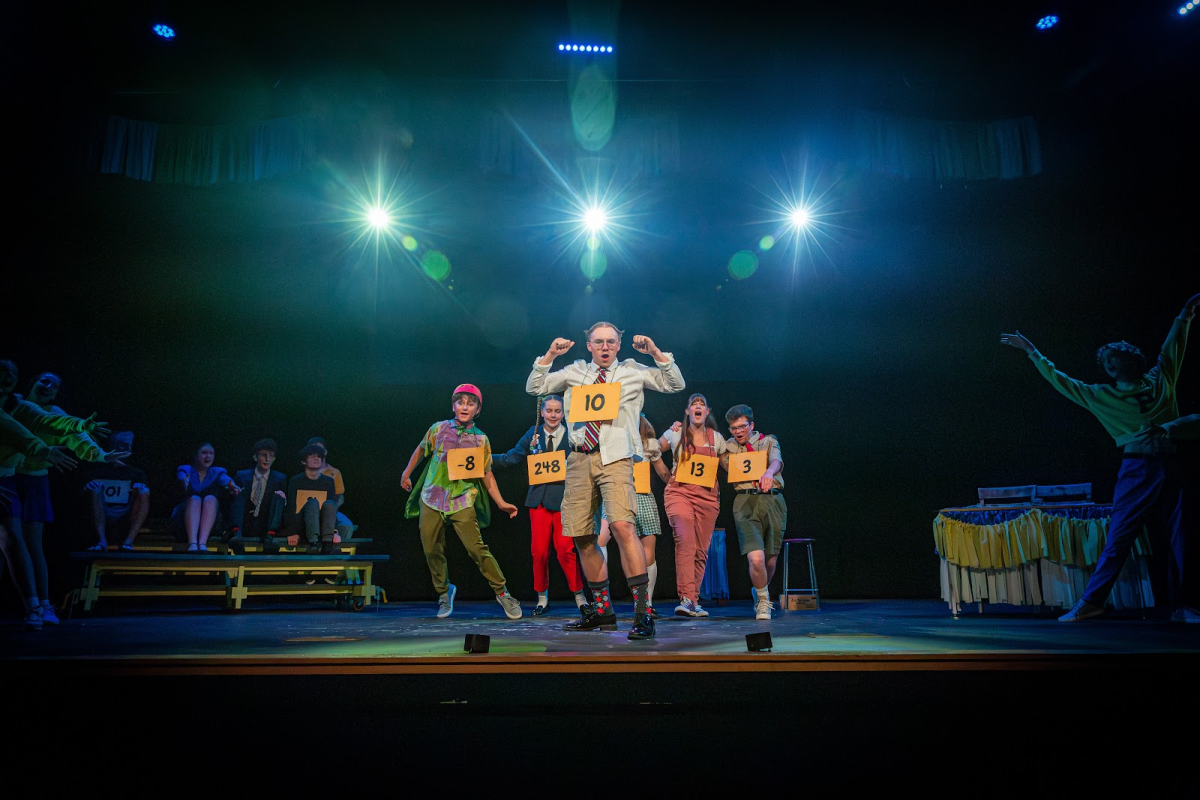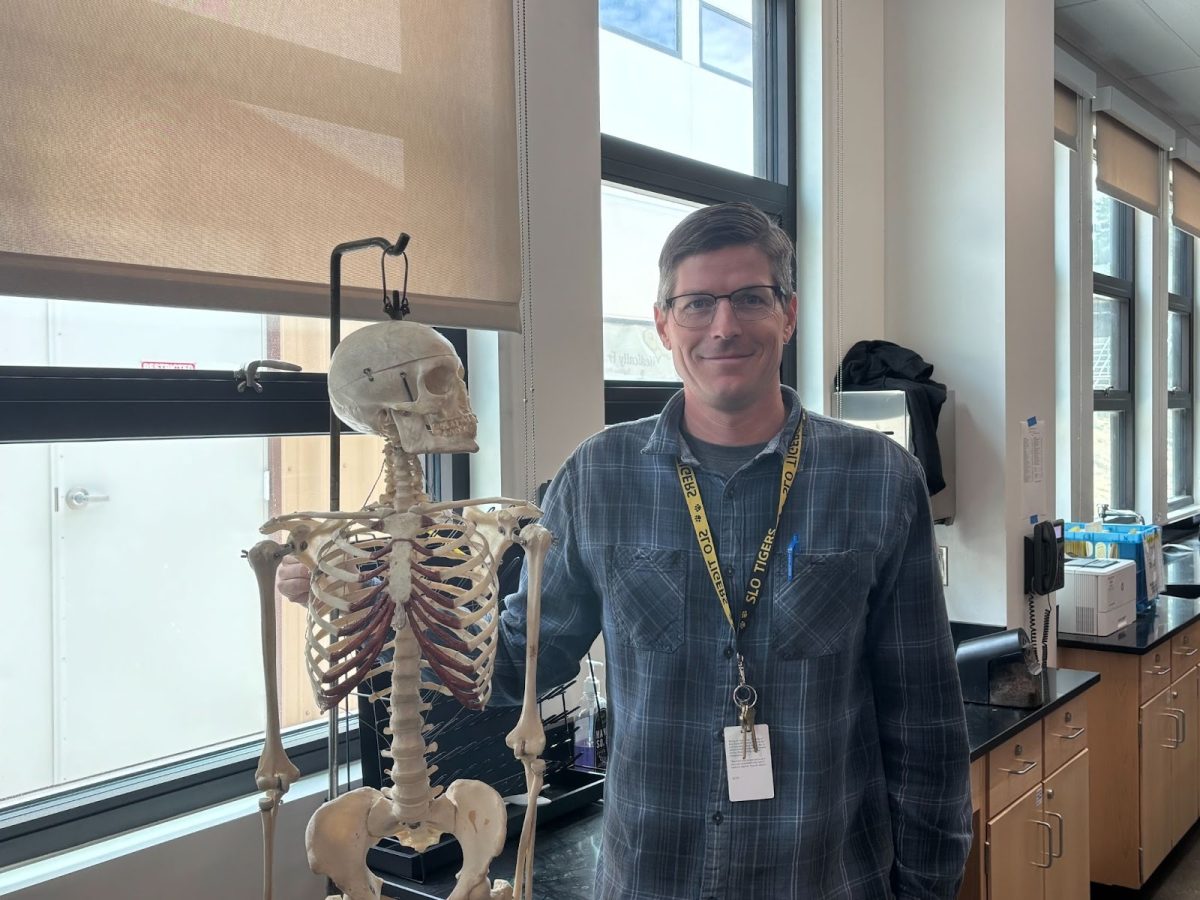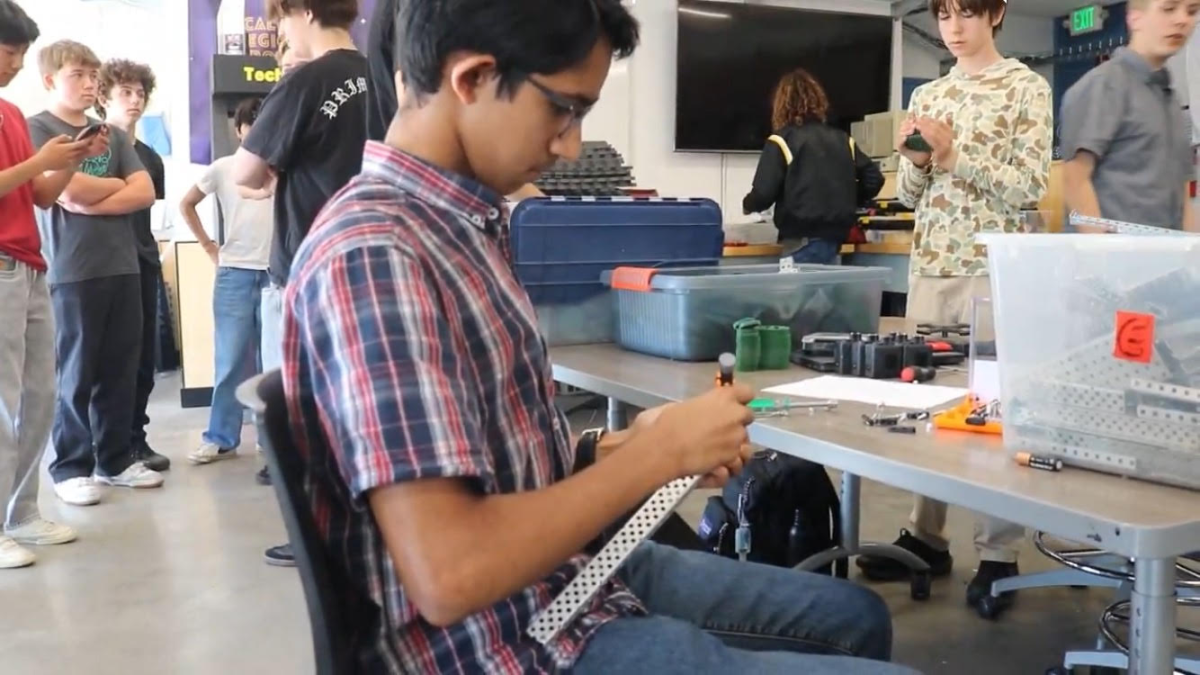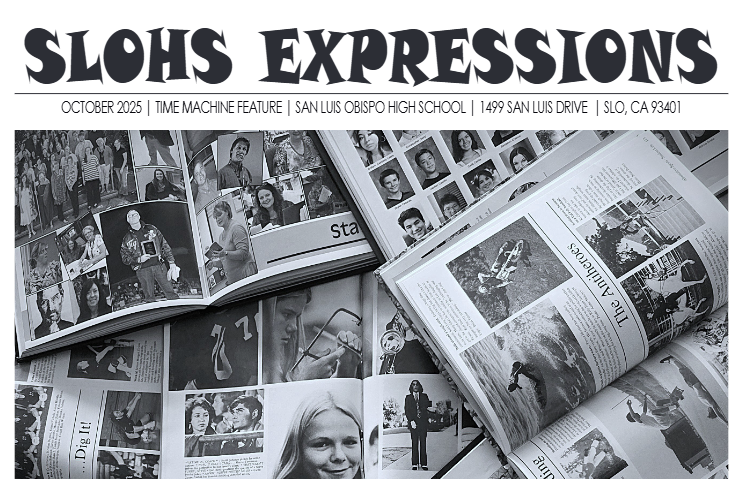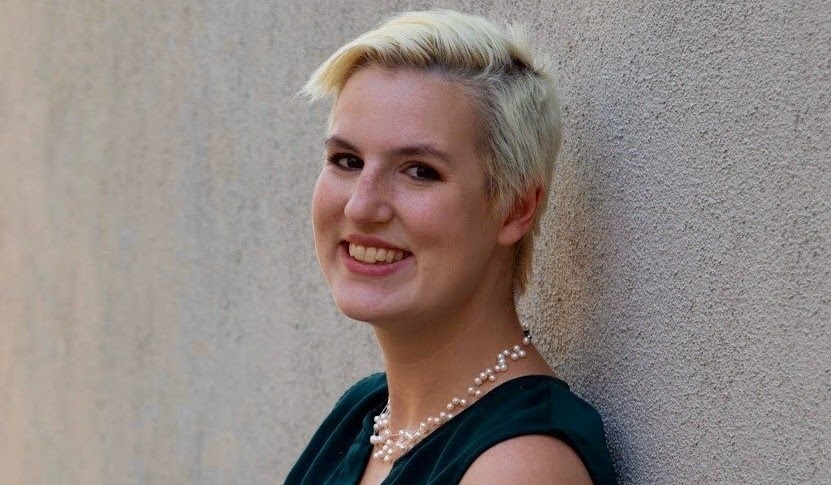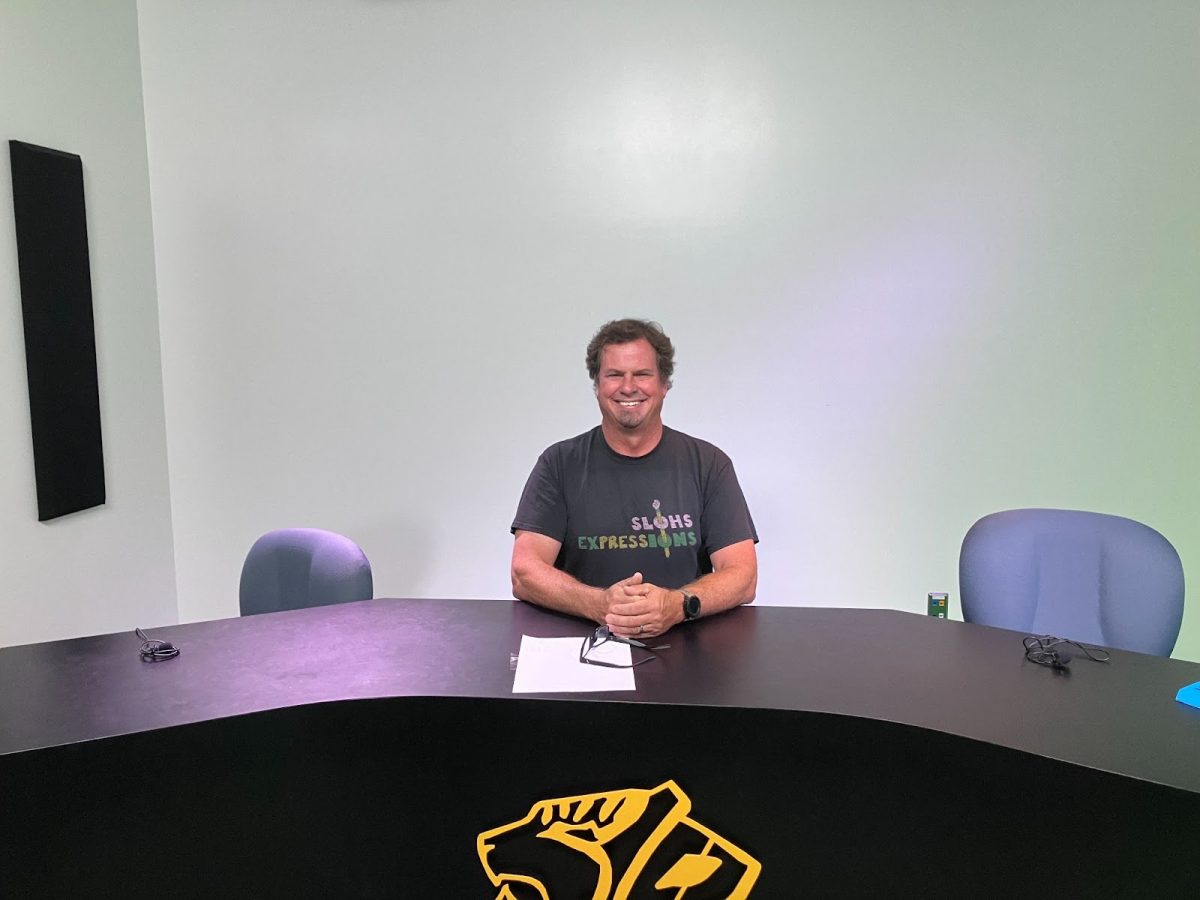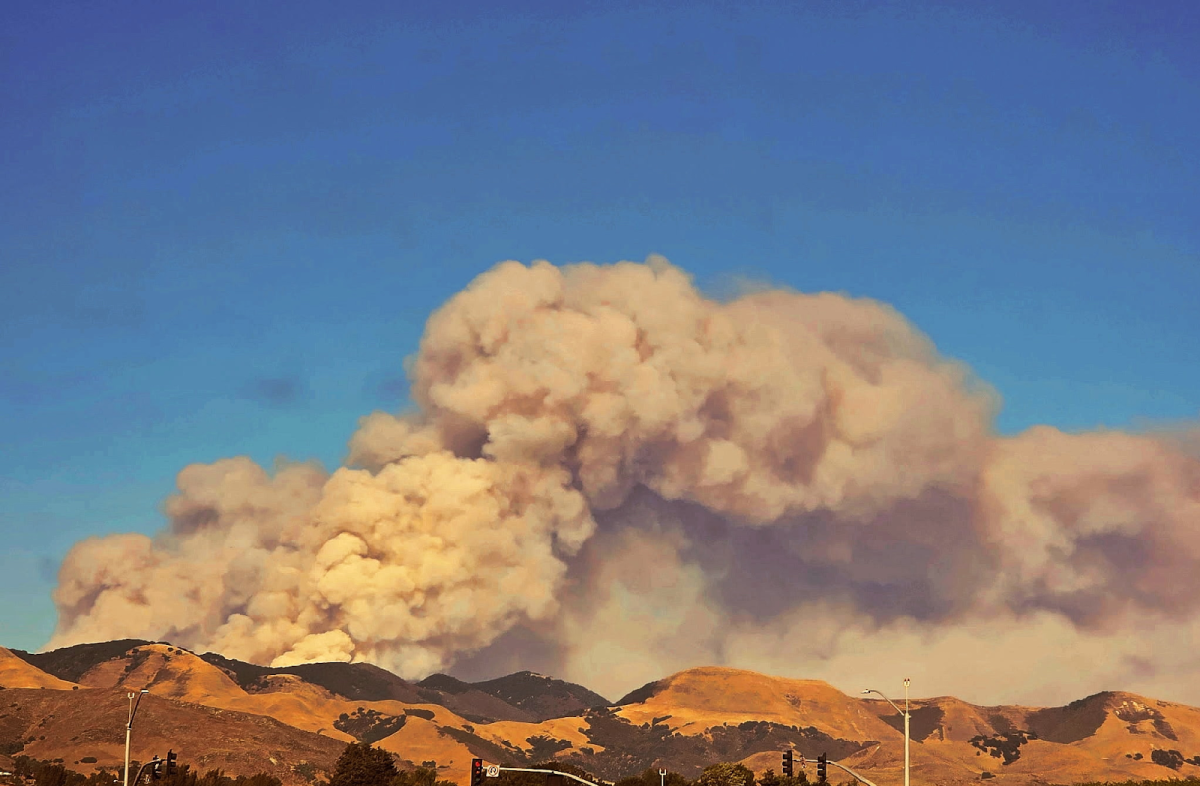With the momentum from Black Lives Matter combined with an indefinite quarantine propelling San Luis Obispo High School students into being involved in politics, more have begun to get involved at the local level. Election Day is coming, meaning citizens 18 and over can vote on the national level with the office of president this year, the state level, county level, and local level.
At the local level with our city council election, there are two seats on the council that have opened. Six candidates are running.
SLO City Council candidate Kelly Evans to learn more about her campaign and her platform. Evans has had a history of being a community organizer with SLO Collective of Organizations and Relief Efforts (CORE), aimed originally around mutual aid and other support needed during COVID-19. She was recently endorsed by the San Luis Obispo County Democratic Party.
Expressions sat down with Evans to get to know her and her stances on key issues.
Expressions: Can you tell us more about the issues that made you run for city council?
SLO City Council Candidate Kelly Evans: The big ones this year are racial justice and downtown vitality, both recovery and the future of taller buildings. In these times, I think it’s incredibly important to elect a candidate who is dedicated to anti-racism specifically. We’ve heard from many white leaders locally that they were taught being colorblind was good enough–that it was the right way to move forward. They’re now learning it isn’t protecting Black and Brown lives, it isn’t respecting cultures, and it just isn’t enough to make people feel safe and heard. I am absolutely still unlearning [these ways] myself, it’s a lifelong process. I don’t think that I’ll ever finish it and I don’t think I ever should stop. I hope to continue learning [throughout] my life. I’m dedicated to fighting for changes locally that illustrate a town ready to unlearn colorblindness and to work to dismantle our continued racism. To that end, I think that listening to the BIPOC* youth who spoke about a month ago at the last candlelight vigil and asked for a multicultural center and asked for ethnic studies requirements in our schools. Obviously, some of it isn’t specific [to SLO] but I think that our government can work with our local school board, with [other] city governments that share that school board to work on things like the ethnic studies requirements. If we want people safely off [Highway] 101, which I know we do, then we need to listen to and solve why they’re on it now, and we need to start putting measures in place so all our community members feel heard in the first place. Ensuring accessibility to city government programs is really important to me, I’d love to see more engagement with our government’s online presence, and things as simple as increasing our bus passes. Right now, Cal Poly has a system where you swipe once and the school has already paid your bus for the year. Our city bus passes are weekly and daily. I would really love to see a more ongoing consistent just bus pass usage. I think that would increase the use and I have a lot of my climate ideals falling along on those lines too, with an easily accessible policy that does end up getting cars off the road. The overlaps of housing, economic viability, and environmental justice is another really big point for me. Often, environmental justice is seen as being at odds with peoples’ first policy and housing is seen as being at odds with economic realities–None of that has to be true, or really even is true. We have not just downtown, but a couple of little spots around our town that could use sort of an injection of vitality–Mixed-use zoning with slightly taller buildings. We want to build up so we don’t build out so that we don’t lose our great green spaces. It would not only increase affordability, but would also decrease overcrowding which would protect our residents from things like the household spread of viruses. When three households are crammed into one house in order to be able to afford rent, they’re at much greater risk than if they were in three smaller apartments. We also have developers locally that are interested in projects around these costs. They can afford the land and construction as long as there are enough units densely enough in the building and the buildings are tall enough to actually make a return on their investment. We just need a little bit of height and bigger density to attract those kinds of firms. With mixed-use construction, people could live, work, and play in one walkable neighborhood. We would decrease the cars on the road, the parking, the gas emissions of commuting. There are a couple of environmental policies along those lines that are really the same as people first policy and I would love to work on that kind of thing. Marketplaces and shops would naturally flourish where before, only industrial buildings, restaurants, or bars could. As people walk by an empty storefront on their way to work, it’s much more likely that a baker or a photographer gallery would fill that spot. And as we know, a lot of our economy right now is based on tourism! People love the feel of a genuine small town. We would attract more tourists by having these locales than we even have now. This would not only inject a lot of local vitality into our economy by focusing on neighbor businesses, but would also increase an industry that’s one of our strongest.
Expressions: What are you going to do to address policing, given the racial injustices we’re faced with today?
Evans: Training is a big one, we know Lieutenant Grossman has trained about 60-80% of the police departments throughout our country, so we really want to make sure that incoming officers did not go through that training program. It seems like a HUGE aspect of officers, thinking they are to keep themselves safe and people are a danger comes from this sheepdog mentality. We want to make sure we not only have some sort of unlearning program for any incoming officers that did go through [that training], but a different training program for other people. Chief Cantrell herself has shared that just one social worker from the Transitions Mental Health Association brought down the calls about the homeless populations by about twenty percent. Making sure that we have funding to increase the number of social workers working with our department would make a huge difference in whether or not people feel the need to protest in the first place.
Expressions: What can the city do better regarding the LGBTQ+ community?
Evans: Someone let me know after I started running that I may be the first openly queer person running in SLO, and that was really surprising to me. I have not faced nearly as much here as I have faced previously. I’m in a committed, monogamous, heterosexual relationship right now so I was a little bit wary about outing myself in the campaign process at all and I realized that my internalized erasure was not useful for anyone and just realizing I can hold that within myself still should remind us that this is a continuous process. I think in terms of things the city can do, that goes back to some of the other things that we can do in bigger organizations. We mentioned building coalitions a lot–I think it would be great if the SLO built other small coalitions with other city governments throughout California and then we could show up at a state level and say, “This is not just us asking for this, this is [other cities too], for example, Fresno, L.A, Ventura. We have come together to show you that we need these various programs. I think that there are a lot of bills that Gay And Lesbian Alliance (GALA) is pushing at a state level, through our state senate and assembly, and the bigger, local government coalition that we can create to support those kinds of bills, the more likely they are to pass.
Expressions: How can people get involved with your campaign safely?
Evans: We have a small team running our Facebook but more people running our social media would be a big help. (I think youth would probably be interested and good at that!) We do have yard signs under development, they should be here soon. And Zooms! We started setting up local town halls with some local experts and activists that we really trust in housing, women’s health, LGBTQ+ issues, racial justice, environmental sustainability, small business recovery, and labor. Any people that would make good advisors that have really thoughtful points about specific issues that our town is facing, and any friends that want to host Zoom town halls of 7-15 people–Go for it! Let us know!
Expressions: Where can people reach out to you?
Evans: If anyone wants to reach out over Instagram, Facebook, Twitter, email, or if you want to set up a Zoom call with a couple of friends, absolutely anyone, we would love that. We can absolutely make time for that sort of thing. It’s so unfortunate to not be able to hold rallies safely and it seems like a great alternative to be able to have those really small, direct-focus calls with anyone who wants it. There wouldn’t be any barriers to doing that.
Expressions: What are your social medias you use? What’s your website that people can reach you through?
Evans: Everything is Kelly for SLO. I think one of the benefits of being very online is that there should be increased accessibility to me. In December, hopefully, you’ll all be constituents of mine and you’ll want to be able to communicate what you need and getting into that practice now is a great plan.
Kelly’s Facebook: https://www.facebook.com/KellyForSLOCouncil/
Kelly’s Instagram: https://www.instagram.com/kellyforslo
Kelly’s email: [email protected]
Kelly for SLO Website: http://www.kellyforslo.org/
*BIPOC stands for Black, Indigenous, and People of Color.

